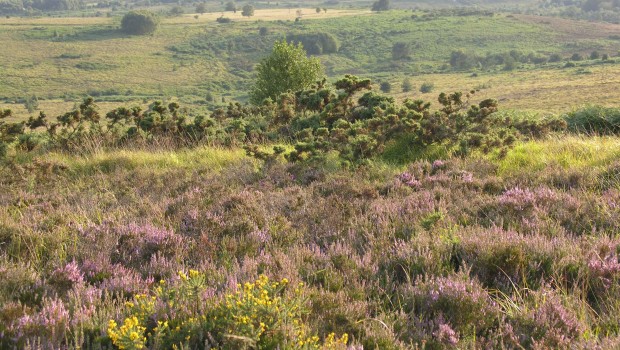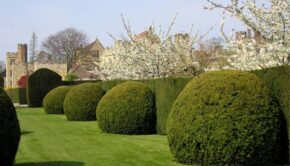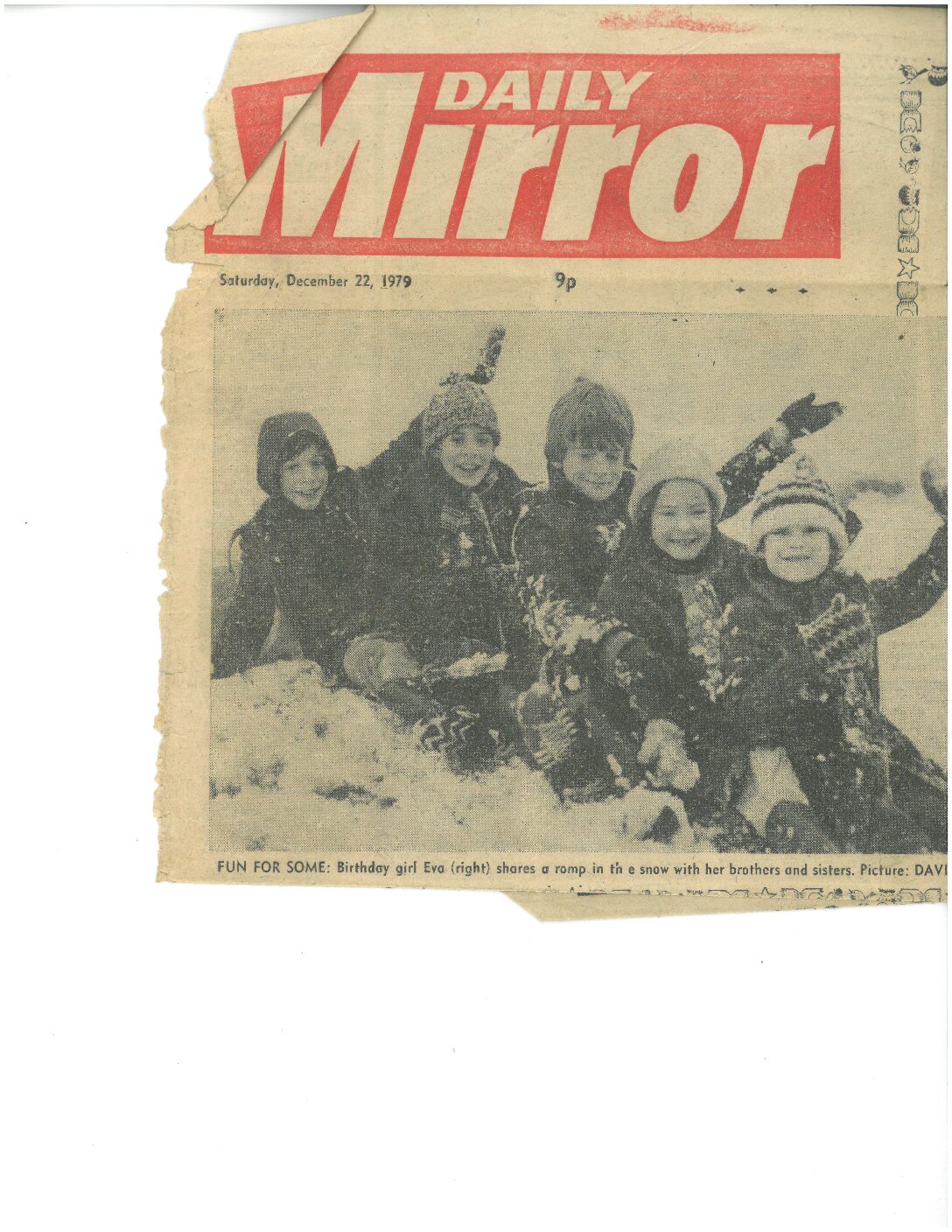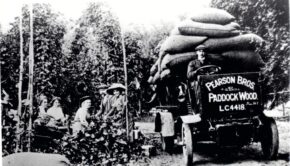Crowborough “the Scotland of the South”
Pick up any book about Crowborough and you are bound to read that it was once described as “the Scotland of the South”, feted as a benign place with clean air and health-giving properties. Equally it is probable that you will come across William Cobbett’s quote that the town was “…verily the most villainously ugly spot I ever saw in England”.
Usually this is where the books leave William Cobbett; as a quote-giver who has been ironically proved wrong. His quote actually extends further than calling the area ugly. It is taken from his book ‘Rural Rides’, a sort of 19th century Top Gear challenge, where he recounts his journeys on horseback around Kent and Sussex.
Cobbett was born in Farnham, Surrey, in 1762 to a family of farmers. He became a controversial political journalist but never fully left the life of farming behind him, maintaining some form of small holding or other throughout his life. Through his work and solid connections he met various important people, including the then Prime Minister William Pitt the Younger. He liked and admired Pitt and decided to create a newspaper sympathetic to the Government. Luckily for Cobbett he never actually published the paper, as he eventually disagreed with Pitt’s politics and would soon spoke out against the statesman.
Cobbett did, however, create a political newspaper called ‘The Political Register’. He sold this after some time to the Hansard family and, under its new name of ‘Hansard’, it is still functioning today as the official record of all words uttered in Parliament.
In 1810 Cobbett was denouncing the British Army’s continued use of the whip through his writing and found himself imprisoned in Newgate Prison in London for two years. In his usual style, upon his release he rode his horse back to where he lived in Botley through the town of Alton, where the church bells peeled for a solid hour to celebrate his return. Not everyone was pleased to see him though, with the Parson of Botley refusing to let locals use the church bells in his honour.
No lesson had been learnt in Newgate, as soon after Cobbett was again being hounded for publishing his views but escaped to America before he could be caught.
Upon his return to England, Cobbett began his excursions around Kent and Sussex and these became his ‘Rural Rides’, a snapshot of the counties at a time when the Industrial Revolution was changing the face of farming and the fate of farmers dramatically. Hence Cobbett came to be riding through Ashdown Forest on his way to Uckfield and the continuance of his quote: “This lasts you for five miles, getting uglier and uglier all the way…if I had been in a long trance…and had been waked up here, I should have begun to look about for the Indians and Squaws, and to have heaved a sigh at the thought of being so far from England.”
Cobbett himself was mentioned in G.K. Chesterton’s poem ‘The Old Song’, a literary work that coined an altogether more positive quote about the Sussex Weald: “It is the place where London ends and England can begin.”






Comments